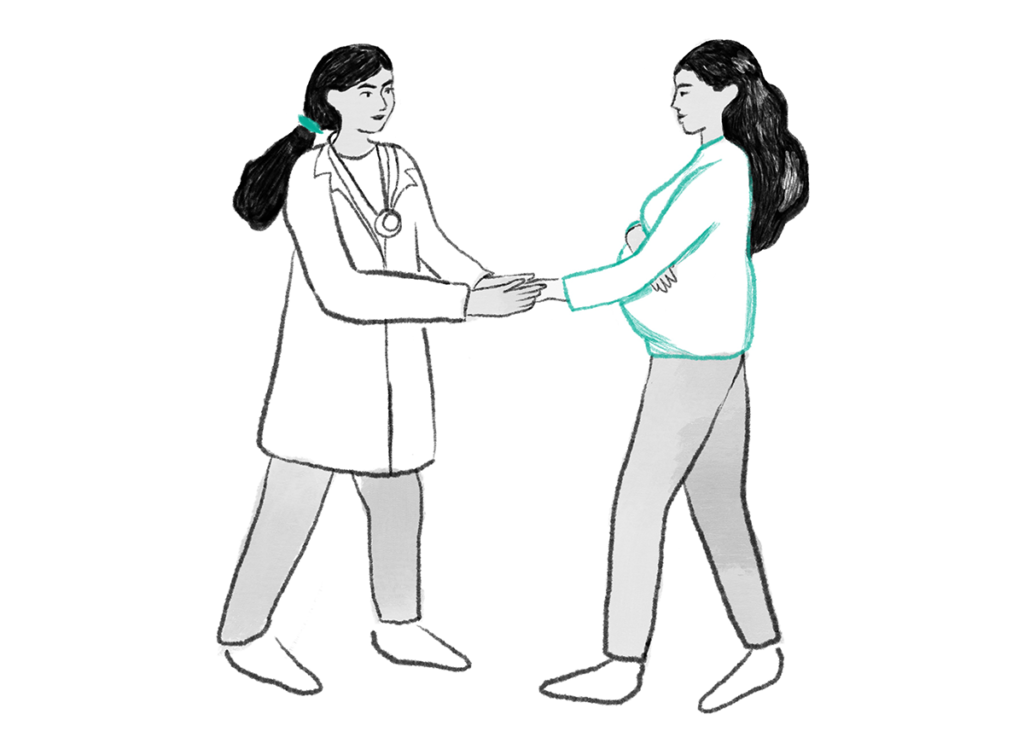She has a name

There’s a story I’ve heard for decades in my family. I often share it with students when I am educating them about the importance of equity, diversity and inclusion in health care.
It happened after my mother, a Black woman from Jamaica, had given birth to a child at a Toronto hospital. The child was me. This was at a time when people from Africa and the Caribbean made up less than two per cent of the city’s population.
After my birth, my mother wanted to nurse me. She asked the nurse, “Where’s my baby?” The nurse told her that I was nowhere to be found. “There are no Black babies in the nursery,” said the nurse flippantly.
My mom had a choice about how to respond. She reflected on the situation and then changed that moment into a teaching opportunity. “Instead of looking for someone who you think looks like me, go back and look for a human being. She has a name,” my mother told the nurse. “It’s Stephanie.” Shortly after, the nurse brought me to my mother.
I think the experience my mother had is illuminating because it teaches us about allyship. An ally uses their privilege for good. My mother used her privilege of language, experience and education to teach the nurse, even though it was not my mother’s burden to bear.
In the future, I think the birth experience will be much better when we all commit to work in allyship with the families we serve. It takes a community of allies to raise a child, and we need more of them.
Stephanie Lurch (BSc PT ’91) is an assistant professor and the equity, anti-racism and social accountability academic lead at Temerty Medicine’s Department of Physical Therapy.